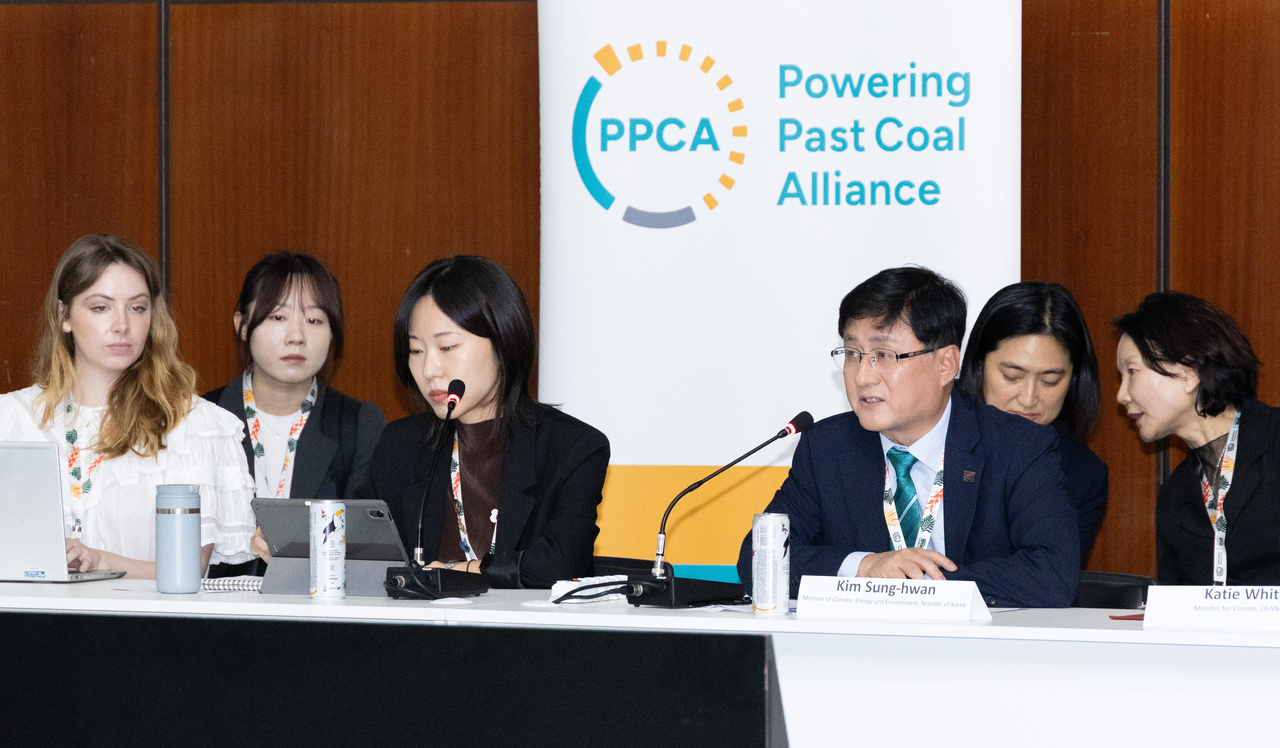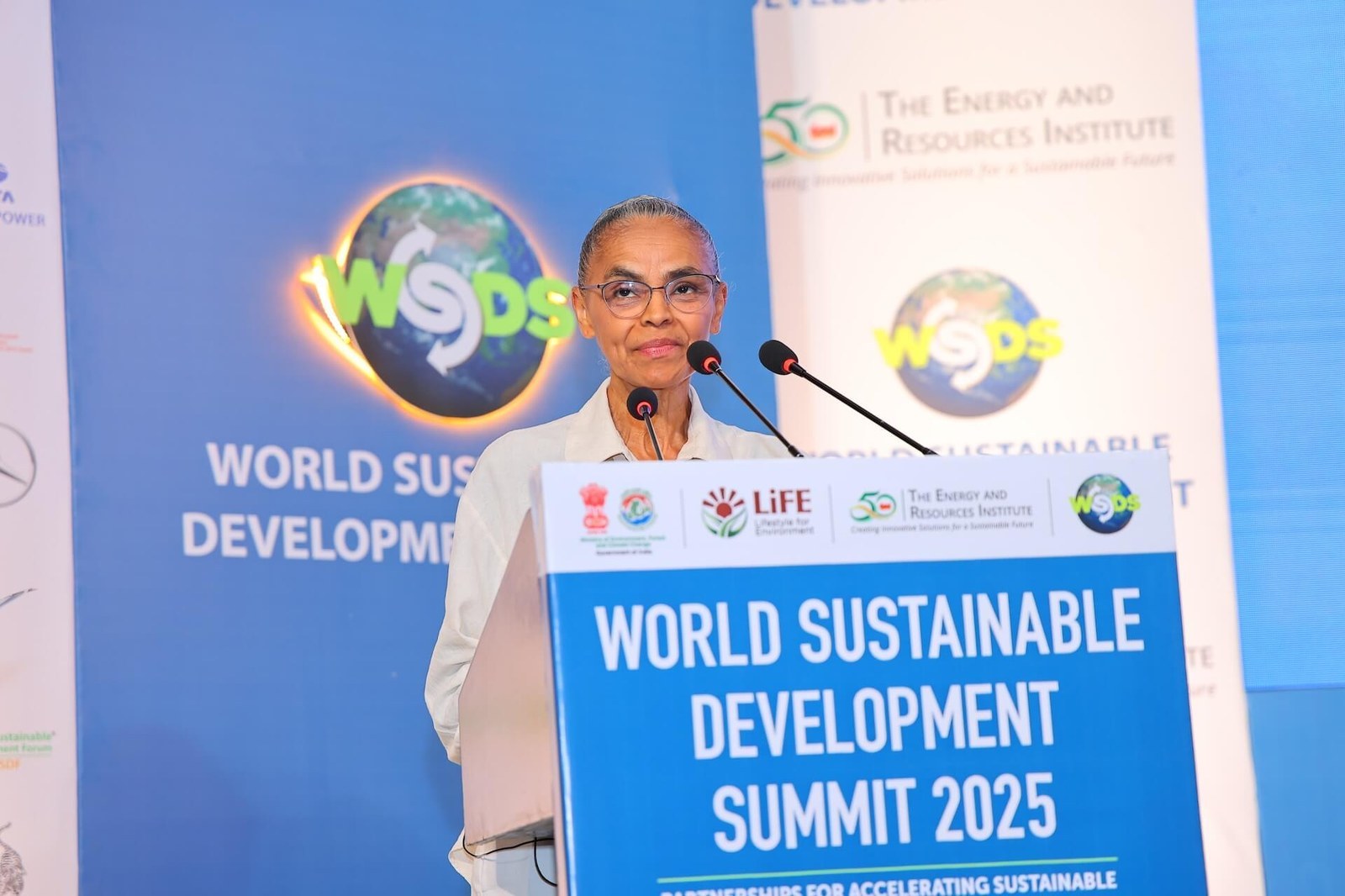.jpg)
As COP30 nears its end, 82 countries are calling for a roadmap to phase out fossil fuels, but many nations’ actions still undercut their pledges. (Photo: iStock)
As COP30 nears its end, with only two days left before delegates head home, 82 countries are calling for a roadmap to phase out fossil fuels.
While more countries have urged to transition away from oil, gas, and coal, petrostates argue for multiple pathways to reduce emissions instead of explicitly targeting fossil fuels. The position of neutral parties among the 195 signatories to the Paris Agreement will likely determine the final outcome.
Off COP30 agenda, fossil fuel phaseout gains traction
A pledge to transition away from fossil fuels was the central outcome of COP28 in Dubai in 2023. But soon after, several countries led by Saudi Arabia began working to weaken the resolution. Follow-up discussions at the climate talks in Baku last year also stalled. This year, the Brazilian hosts declined to include any reference to the transition away from fossil fuels on the official conference agenda.
Despite this, momentum toward phasing out fossil fuels continues to build. On Monday, South Korea announced it would join the Powering Past Coal Alliance, adding its name to more than 180 national and subnational governments, businesses, and organisations committed to moving from unabated coal generation to clean energy.
South Korea operates the world’s seventh largest coal fleet, but plans to retire 40 of its 61 existing coal-fired power plants by 2040. A timetable for phasing out the remaining 21 plants is expected next year, according to South Korean environment minister Kim Sung-Hwan.
 South Korea’s Climate Minister Kim Sung-whan (third from right) announces the country’s participation in the Powering Past Coal Alliance during COP30 in Belém, Brazil. (Photo: Ministry of Climate, Energy and Environment, Republic of Korea)
South Korea’s Climate Minister Kim Sung-whan (third from right) announces the country’s participation in the Powering Past Coal Alliance during COP30 in Belém, Brazil. (Photo: Ministry of Climate, Energy and Environment, Republic of Korea)
On the same day, Cambodia became the eighteenth member of the Fossil Fuel Treaty Initiative, a network led by Pacific nations calling for a phase out of the three major fossil fuels. Soung Sophorn, Cambodia’s Secretary of State of the Council of Ministers, said that as a developing country, Cambodia cannot pursue the transition on its own and will require stronger international support.
Meanwhile, the Brazilian presidency has released a draft decision text that includes a possible roadmap for phasing out fossil fuels. For many countries, however, the commitment remains too weak. Brazil is expected to revise the draft after gathering input from negotiating groups, though its own position on fossil fuels remains conflicted.
ASEAN faces fossil fuel contradictions as leaders push phaseout
At COP30, civil society groups from Southeast Asia urged their governments to support a transition away from fossil fuels. In ASEAN, fossil fuels make up 79% of the energy mix, making the energy sector the region’s largest source of greenhouse gas emissions, said Nithi Nesadurai, coordinator of Climate Action Network Southeast Asia, at a press conference on Nov. 15.
Other civil society leaders echoed this concern, pointing to governments’ continued investment in fossil fuels even as they speak of transition. Avril de Torres, deputy executive director of the Philippine-based Centre for Energy, Ecology and Development, noted that the region still plans to expand 43 GW of coal and 136 GW of gas capacity. The Philippine government awarded eight new oil exploration projects in October.
Brazil, the host of COP30, faces similar contradictions. President Luiz Inácio Lula da Silva has repeatedly called for moving away from fossil fuel dependency, including at the leaders’ summit and during the conference opening. Yet Brazil’s Congress, controlled by an opposing coalition, continues to back expanded oil and gas exploration. The partly state-owned Petrobras also announced a new reserve discovery on Tuesday.
Marina Silva, Brazil’s environment minister, told The Guardian that a roadmap to phase out fossil fuels is “an ethical answer” to the climate crisis and urged countries to “have the courage” to consider it.
 Brazil’s environment minister Marina Silva says a roadmap to phase out fossil fuels is “an ethical answer” to the climate crisis and urges countries to “have the courage” to consider it. (Photo: The Energy and Resources Institute)
Brazil’s environment minister Marina Silva says a roadmap to phase out fossil fuels is “an ethical answer” to the climate crisis and urges countries to “have the courage” to consider it. (Photo: The Energy and Resources Institute)
Countries face different paths as fossil fuel phaseout gains support
Supporters of the roadmap stressed that it would not require all countries to follow the same path. Instead, it would recognize that nations face different challenges. Some have large fossil fuel reserves, while others rely heavily on imports. Some want to use their reserves for development, and many developing countries will need financial support and access to low carbon technology to begin shifting away from fossil fuels.
“This is not an imposition,” said Rachel Kyte, the UK climate envoy. “Every country has a transition it needs to go through. These transitions are quite different, depending on your energy mix and other factors.”
Several EU member states support a transition away from fossil fuels, although the EU has not yet adopted a unified negotiating position. A number of mid-size developing economies such as Colombia, Chile, and Kenya have also backed the effort, and even Nigeria, a heavily oil-dependent country, has signaled interest.
According to The Guardian, the roadmap will likely be non-binding in its initial stages, and key details may not be resolved until COP31 or COP32.
Source: The Guardian (1) (2), The Strait Times, Eco-Business
.jpg)

